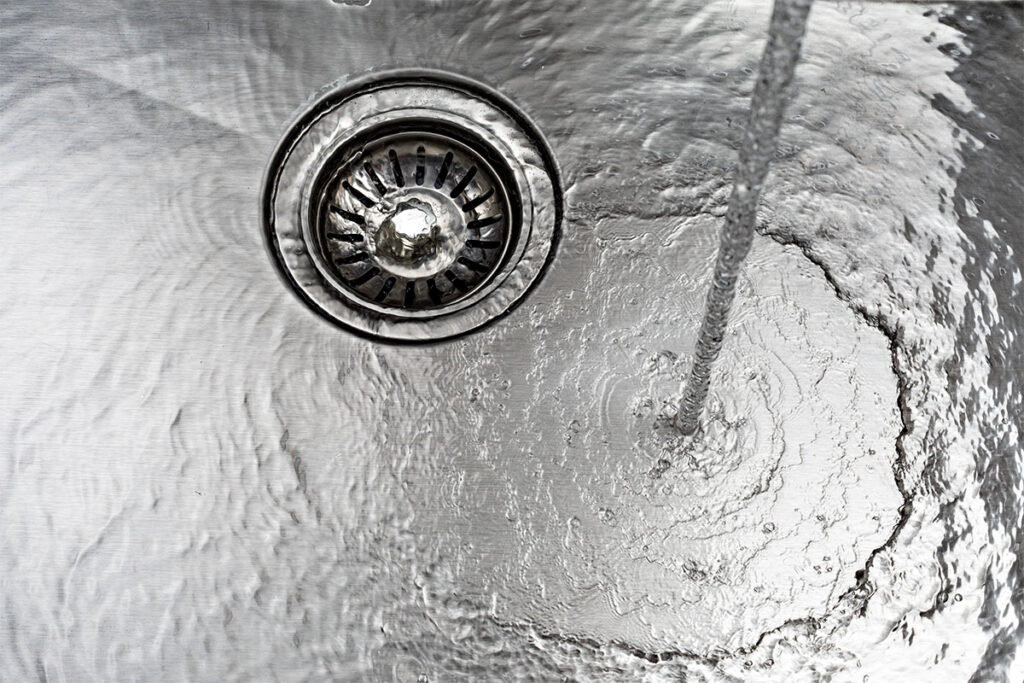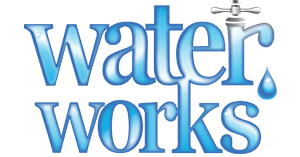Understanding PFAS in Colorado's Water Supply: Protecting Your Home with Effective Water Purification
PFAS in Colorado's Water Supply
Introduction: Colorado, like many other regions, faces a significant challenge regarding the presence of PFAS (Per- and Polyfluoroalkyl Substances) in its water supply. In this article, we will delve into the study of PFAS in water, explain what PFAS is, its harmful effects on human health, and explore the best water purification option for residential homes to remove PFAS chemicals.
The Study of PFAS in Water
Investigating PFAS Contamination: A comprehensive study conducted by environmental researchers in Colorado has highlighted the presence of PFAS chemicals in various water sources across the state. These substances have made their way into the water supply through industrial discharges, firefighting foam, and other sources. The study emphasizes the need for effective water purification methods to ensure safe drinking water for residents.


Understanding PFAS and its Harmful Effects
What are PFAS Chemicals? PFAS refers to a group of human-made chemicals that have been widely used in industrial and consumer products for their water- and stain-resistant properties. These chemicals are persistent, meaning they don’t break down easily in the environment or the human body.
The Harmful Effects of PFAS on Human Health
Health Risks Associated with PFAS Exposure: Exposure to PFAS chemicals has been linked to various health issues, including adverse effects on the immune system, liver, kidneys, and hormonal balance. Studies suggest potential links to certain cancers, developmental delays in infants and children, and negative impacts on reproductive health. It is crucial to minimize exposure to PFAS by implementing effective water purification methods.

Reverse Osmosis: The Optimal Solution for PFAS Removal
Why Reverse Osmosis (RO) is Ideal for Residential Water Purification: Reverse osmosis is considered one of the most effective methods for removing PFAS chemicals from residential water supplies. Its multi-stage filtration process utilizes a semi-permeable membrane that effectively removes contaminants, including PFAS, heavy metals, bacteria, and viruses.

How Reverse Osmosis Works for PFAS Removal
- Pre-filtration: The water passes through pre-filters to remove sediments, chlorine, and larger particles. Reverse Osmosis
- Membrane: Water is forced through the semi-permeable membrane, where PFAS and other contaminants are separated and flushed away.
- Post-filtration: The purified water goes through a final activated carbon filter to remove any remaining odors and tastes, ensuring clean and refreshing drinking water.
Other Water Filtration Options for PFAS Removal
Effective Alternatives for PFAS Filtration: While reverse osmosis is highly effective, other water filtration methods can also provide considerable reduction of PFAS chemicals in your residential water supply:
Granular Activated Carbon (GAC) Filters
GAC Filters for PFAS Removal: Granular Activated Carbon filters are commonly used for reducing organic contaminants, including PFAS. They work by adsorbing the chemicals onto the carbon surface. However, GAC filters might not be as effective as reverse osmosis in removing certain types of PFAS compounds.
Ion Exchange Filters
Ion Exchange Filters for PFAS Removal: Ion exchange filters can effectively reduce PFAS levels in water by exchanging the harmful ions with less harmful ones. These filters are known to be efficient in removing certain PFAS compounds but may require regular maintenance and replacement.
Activated Alumina Filters
Activated Alumina Filters for PFAS Removal: Activated alumina is another filtration option that can effectively remove PFAS chemicals from water. These filters work by adsorbing the contaminants onto the surface of alumina granules. However, they may have a limited lifespan and require frequent replacement.
Safeguard Your Home From PFAS
Protecting your residential water supply from PFAS contamination is crucial for the health and well-being of your family. Considering the risks associated with PFAS exposure, implementing an effective water purification system, such as reverse osmosis, can provide you with peace of mind and ensure clean and safe drinking water. Explore the various options available and choose the filtration method that best suits your needs and budget. Safeguard your home and loved ones from the harmful effects of PFAS chemicals and enjoy the benefits of pure, contaminant-free water.
.’

